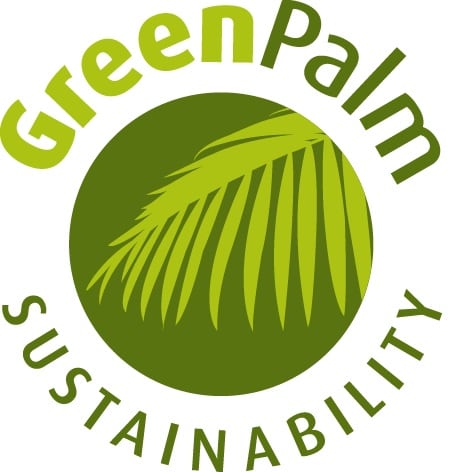Approximately 56 million tonnes of palm oil is produced a year to support EU demand, but only a fraction (6½ million tonnes) is used by manufacturers, explains GreenPalm Book & Claim general manager, Bob Norman.
“The role of the RSPO is to stimulate and incentivise growers and to generate support for sustainable palm oil production and distribution throughout Europe,” he said.
“A bigger challenge, however, is how to balance the demand markets and addressing what to do with the other 50m tonnes of palm oil generated by, but not used in EU markets. This involves converting newer members of the EU as well as other major consumer markets, like India, Indonesia and China, which demand around 20-23m tonnes a year, to sustainable sourcing.”
GreenPalm encourages RSPO-certified growers to trade certified oil on the GreenPalm Market.
The RSPO's 2nd European roundtable summit will take place in London on 4 June. The objective of the event is to launch a new dialogue with all supply chain actors in Europe before the entry into force of the EU FIC regulation.
100% effort...
GreenPalm will tell EU stakeholders that one way to achieve 100% sustainability of palm oil is to establish a solid 3-tiered segregated system, as well as utilise its own Book & Claim supply chain system to increase and support smallholder activity.
Norman explained: “The EU’s ambition is to have 100% traceable certification by 2015 but there has been a lot of noise among members about only wanting to import segregated palm oil, which is expensive and not inclusive for smallholders.”

“We need to make the movement of palm oil as cost efficient as possible with a combination of all three supply chains.”
Sales of RSPO Certified Sustainable Palm Oil (CSPO) reached a new high in the first quarter ending March 31, 2014, with a 49% increase for physical uptake of CSPO and a 54% increase for GreenPalm Certificates, compared with 2013.
“RSPO schemes have boosted smallholder production in Thailand to 70% of the total market and have given smallholders the flexibility to reduce costs,” said Norman.
“Growers have been able to improve yields on existing land and lower input costs so they are less likely to seek expansion in protected zones. Better farming practices have also allowed growers to reduce fertilisers.”
“All the signs are positive. We have the certified standards in place and the incentives for manufacturers and suppliers to purchase through these sources – now we just need to join all the dots.”
He said the signs are positive for 2014 with issued GreenPalm certificates surpassing 2013 numbers. A record 1,287,037 have been issue to the end of April.
